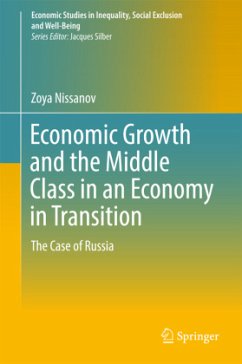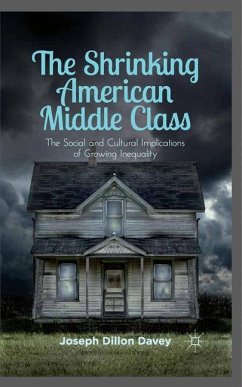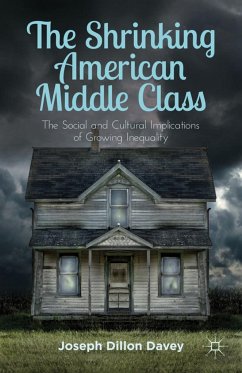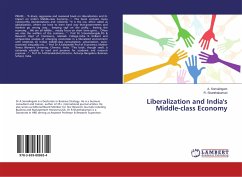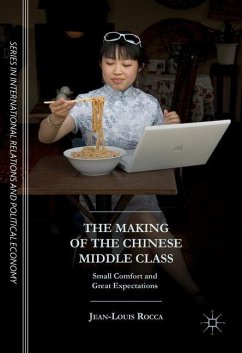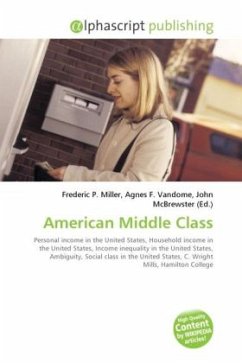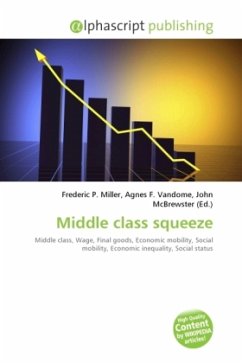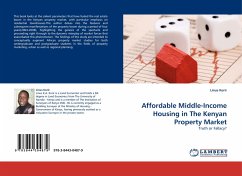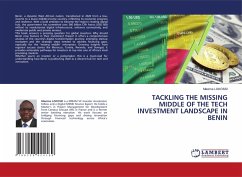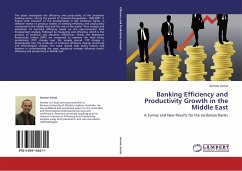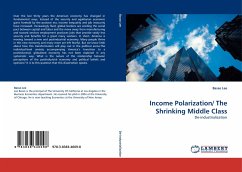
Income Polarization/ The Shrinking Middle Class
De-industrialization
Versandkostenfrei!
Versandfertig in 6-10 Tagen
51,99 €
inkl. MwSt.

PAYBACK Punkte
26 °P sammeln!
Over the last thirty years the American economy has changed in fundamental ways. Instead of the security and egalitarian economic gains foretold by the postwar era, income inequality and job insecurity have increased. Increasingly fluid, global borders are eroding the social pact between capital and labor and the move away from manufacturing and toward services employment produces jobs that provide vastly less security and benefits for a great many workers. In short, America is moving toward a new and postindustrial economy. Many people thrive in this new economy and many more are left fearful...
Over the last thirty years the American economy has changed in fundamental ways. Instead of the security and egalitarian economic gains foretold by the postwar era, income inequality and job insecurity have increased. Increasingly fluid, global borders are eroding the social pact between capital and labor and the move away from manufacturing and toward services employment produces jobs that provide vastly less security and benefits for a great many workers. In short, America is moving toward a new and postindustrial economy. Many people thrive in this new economy and many more are left fearful. But we know little about how this transformation will play out in the political arena.The individual-level anxiety accompanying America s transition to a postindustrial, globalized economy has not been explored in any systematic way. What is the nature of the relationship between perceptions of the postindustrial economy and political beliefs and opinions? It is to this question that this dissertation speaks.



